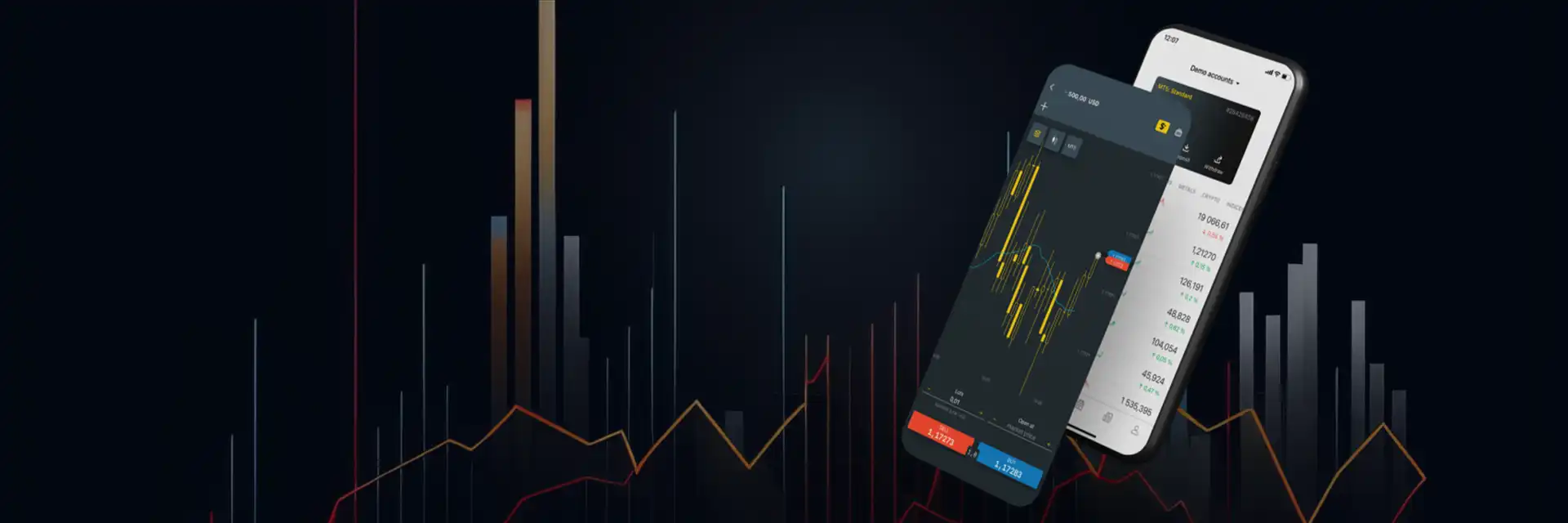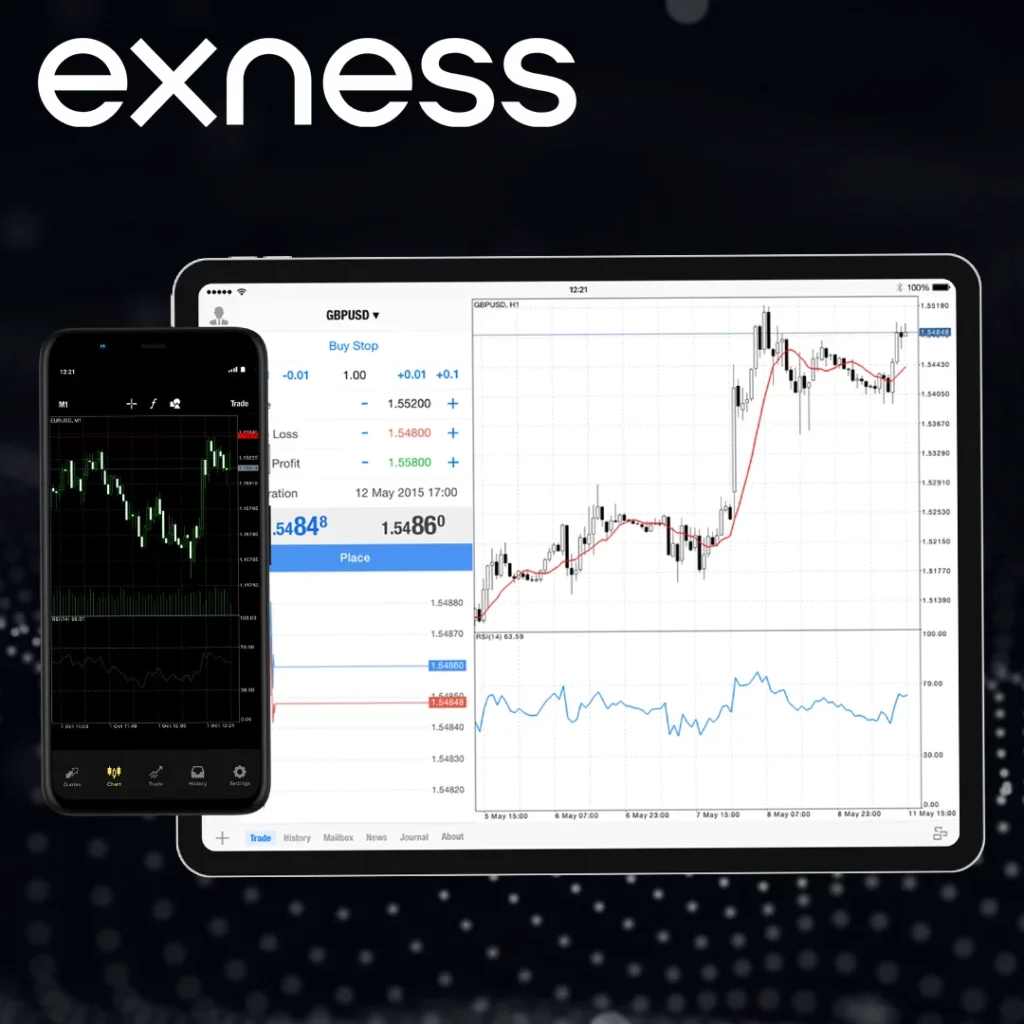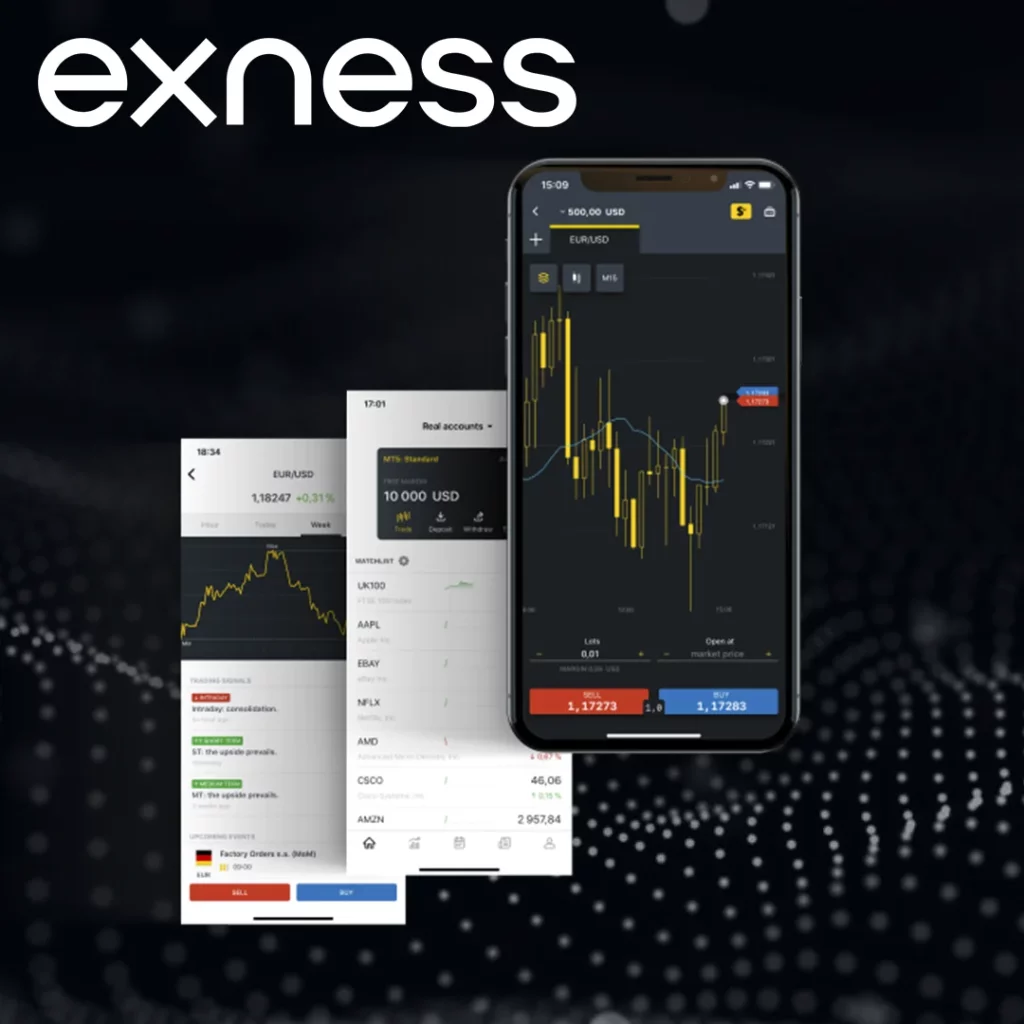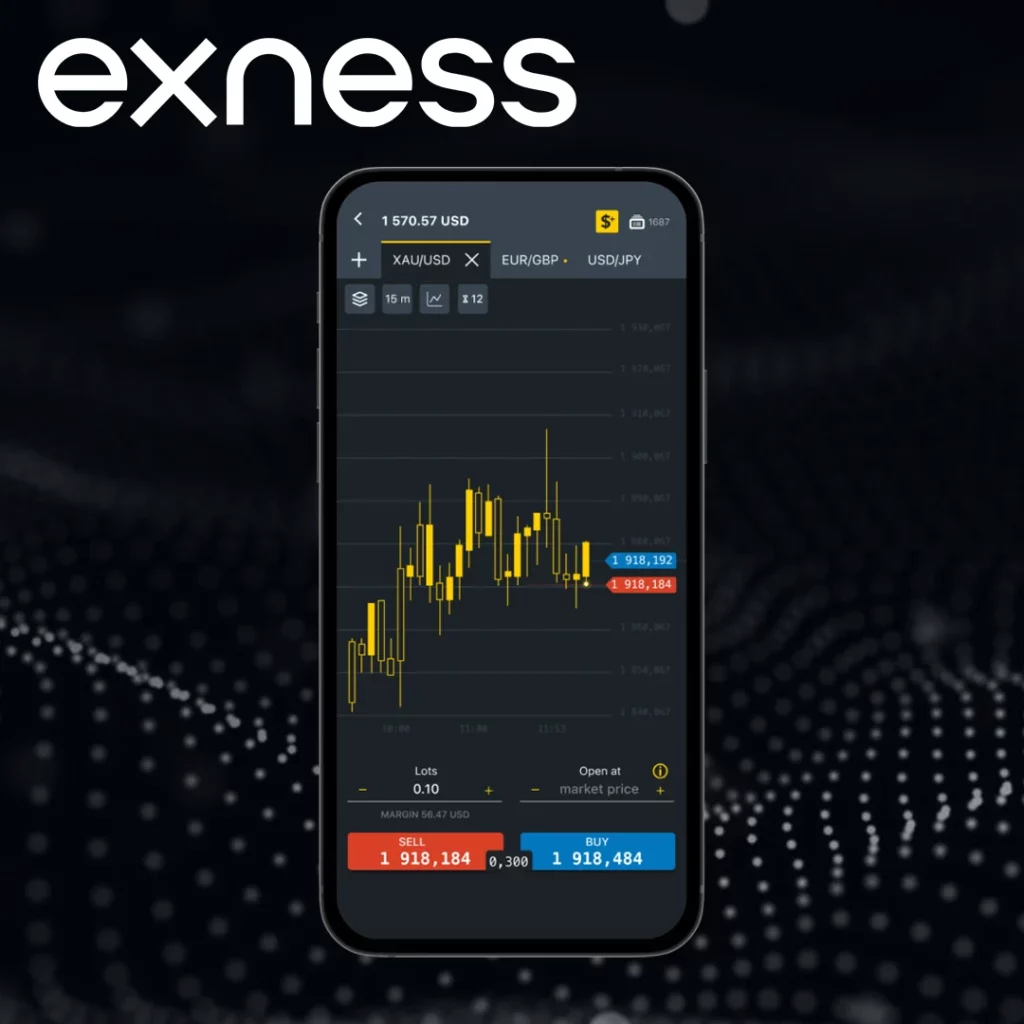
Exness Spread and Commission
Exness offers competitive spreads and commissions tailored to different trading styles and account types. Spreads can be as low as 0.0 pips for some account types, making it an attractive option for traders seeking cost-efficient trading. The commission structure varies by account type, with Standard accounts having no commission, while Raw Spread and Zero accounts charge minimal commissions. Exness stands out with its low and stable spreads compared to competitors, while factors like market volatility and liquidity can affect spreads.
Table of Contents
Types of Spreads on Exness

Exness offers different types of spreads depending on the account type and the market conditions. The two main types of spreads available are:
1. Variable Spreads
- Definition: Variable spreads fluctuate based on market conditions such as liquidity and volatility. These are the most common types of spreads on Exness and vary throughout the trading day.
- Accounts Offering Variable Spreads: Standard, Pro, and Raw Spread accounts. In highly liquid times, these spreads can be as low as 0.3 pips, but they may widen during volatile periods.
2. Fixed Spreads
- Definition: Fixed spreads remain constant regardless of market volatility or liquidity. This type of spread offers predictability, especially during times of market uncertainty.
- Accounts Offering Fixed Spreads: Fixed spreads are not commonly available on Exness but may be offered on specific instruments or during particular trading conditions in some regions.
Commissions for Different Types of Accounts
Exness offers different types of accounts, each with its own commission structure designed to meet the needs of various trading styles.
Here’s a table summarizing the commissions and spreads for different Exness accounts:
| Account Type | Commission | Spreads | Best Suited For |
|---|---|---|---|
| Standard Account | No commission | From 0.3 pips | Beginner traders who prefer no commissions |
| Pro Account | No commission | From 0.1 pips | Experienced traders who want tight spreads |
| Raw Spread Account | $7 per lot round-trip | From 0.0 pips | Traders prioritizing the lowest spreads |
| Zero Account | From $7 per lot round-trip | From 0.0 pips on major pairs | Traders seeking zero spreads on key pairs |
Comparison with Competitors
Exness is known for offering competitive spreads and commission structures across its various account types. Below is a comparison of Exness with some of its key competitors in the retail forex market, focusing on spreads and commissions.
| Broker | Account Type | Spreads | Commissions | Key Advantages |
| Exness | Standard | From 0.3 pips | No commission | Low spreads with no commissions for beginners |
| Pro | From 0.1 pips | No commission | Tight spreads, ideal for experienced traders | |
| Raw Spread | From 0.0 pips | $7 per lot round-trip | Lowest spreads with minimal commission | |
| Zero | From 0.0 pips (major pairs) | From $7 per lot round-trip (varies by instrument) | Zero spreads on major pairs with competitive commissions | |
| IC Markets | Standard | From 1.0 pips | No commission | No commission but wider spreads |
| Raw Spread | From 0.0 pips | $7 per lot round-trip | Similar to Exness in spreads and commissions | |
| XM | Standard | From 1.0 pips | No commission | No commission but higher spreads |
| Ultra-Low Account | From 0.6 pips | No commission | Ultra-low spreads but not as competitive on commissions |
Factors Affecting Spreads
Spreads, the difference between the bid and ask price, can fluctuate due to various market and broker-related factors. Understanding these factors helps traders anticipate spread changes and optimize their trading strategy. Below are the key factors that affect spreads on Exness:
1. Market Liquidity
- Liquidity refers to how easily an asset can be bought or sold in the market without affecting its price. Higher liquidity usually leads to tighter spreads, while lower liquidity can result in wider spreads.
2. Market Volatility
- During periods of high volatility, such as major news events or economic releases, spreads can widen due to increased uncertainty in the market. Brokers may increase spreads to protect themselves from sharp price movements.
3. Trading Hours
- Spreads can vary depending on the time of day. During major trading sessions, such as the London or New York sessions, liquidity is higher, leading to tighter spreads. In contrast, during off-market hours or between sessions, spreads may widen due to lower liquidity.

4. Type of Trading Instrument
- Different asset classes have different liquidity levels and risks, which impact their spreads. Forex pairs, especially majors, tend to have tighter spreads, while commodities, indices, and cryptocurrencies may have wider spreads due to higher volatility or lower liquidity.
5. Account Type
- Exness offers various account types, each with different spread structures. Raw Spread and Zero accounts typically offer tighter spreads (starting from 0.0 pips) but charge commissions, while Standard and Pro accounts may have slightly wider spreads but no commissions.
Optimization of Trade Costs
Minimizing trading costs is essential for maximizing profitability, especially for frequent traders. Exness provides several ways for traders to optimize their trade costs by carefully choosing the right account, timing their trades, and using appropriate strategies. Here are some key methods to optimize trade costs on Exness:

1. Trade During High Liquidity Periods
- Liquidity and Spreads: Spreads tend to be tightest during periods of high market liquidity, typically when major financial centers are active (e.g., London, New York).
2. Avoid Trading During High Volatility or Low Liquidity
- Volatility and Costs: Spreads can widen significantly during times of high market volatility (e.g., news releases or economic events) or low liquidity periods (e.g., after-hours trading).
3. Monitor Economic Calendars
- Impact of News: Economic events can lead to temporary but sharp increases in spreads due to market volatility.
4. Minimize Overnight Holding Costs (Swaps)
- Swap Fees: Exness charges or credits a swap fee for positions held overnight, which can add up over time, particularly for long-term traders.
Hidden Commissions
While Exness is transparent about its spreads and commissions, traders should be mindful of potential hidden costs that can indirectly affect total trading expenses. These include swap fees for holding positions overnight, which can add up significantly for long-term trades. Slippage, which occurs during volatile market conditions, can also lead to unexpected costs if trades are executed at prices different from those anticipated.
Calculation of Total Costs
Calculating the total costs of trading on Exness involves considering multiple factors beyond just the spread and commission. The main components of trading costs include spreads, commissions, swap fees, and any potential slippage. For example, when you enter a trade, the spread (the difference between the bid and ask price) is the immediate cost you incur. If you’re trading a 1-lot position with a spread of 0.3 pips, and 1 pip is worth $10, your spread cost will be $3. In addition, for certain accounts like the Raw Spread or Zero accounts, Exness charges a commission per lot traded, usually $7 per round trip (opening and closing a position). These combined make up the base cost of the trade.
